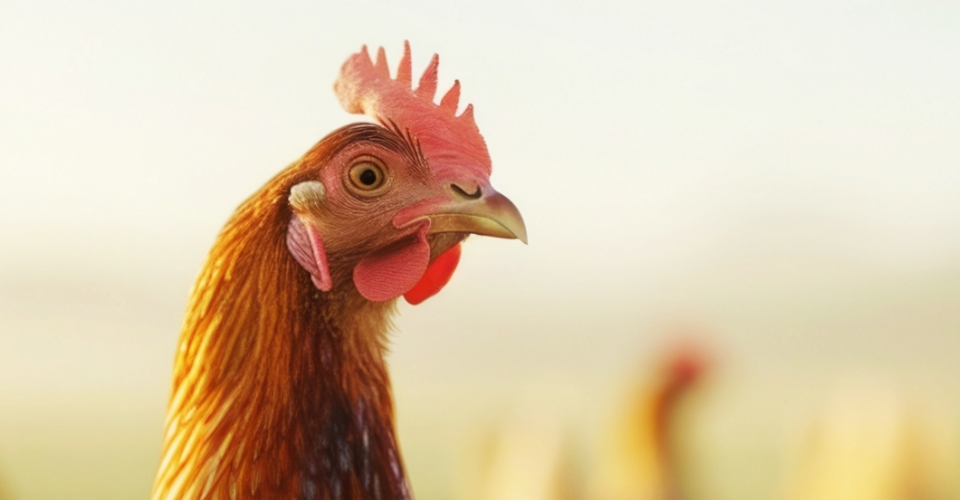Meet Dr. Kobus Grobler from Bergbos Animal Clinic in Rustenburg, here to answer questions about aspergillosis in birds, what it is, how to spot it early and how to protect your feathered friends from this potentially serious condition.
What is Aspergillosis in Birds?
”Aspergillosis is caused by fungi of the genus Aspergillus, more often A fumigatus. The fungi occur in the environment and grow commonly in moist and warm conditions. Birds are especially prone to developing the disease. Infection occurs when spores are inhaled, and the bird’s immune system is compromised through concurrent disease or malnutrition. A seed-only diet is deficient in Vitamin A, predisposing the bird to respiratory infections. “
What Are the First Signs and Symptoms of Aspergillus?
“The fungus grows in the lungs and air sacs, causing chronic signs such as emaciation, difficulty breathing, and coughing. It can also spread to the intestines and nervous system, causing diarrhoea and other nervous symptoms, but this happens infrequently. The diagnosis can be quite challenging, but radiographs can suggest the disease. The best way of diagnosing the disease is by endoscopy, where lesions in the trachea, lungs, and air sacs can be observed, and samples can be taken for either culture or histopathology. A preliminary diagnosis can also be made from direct smears from such lesions.”
What Medication Is Used for Aspergillosis in Birds?
“Anti-fungal drugs such as Itraconazole are used, but their efficacy is limited by the fact that the body forms granulomas around the lesions which block the penetration of the medication. The medication can also be instilled right into air sacs during endoscopic procedures. Supportive care and improved nutrition are also important in managing sick birds.”
How Can Bird Owners Prevent Aspergillosis?
“The main preventative measures are ensuring the bird’s environment is dry and clean with good ventilation. Proper nutrition is paramount, especially vitamin A supplementation if deficient in the diet. Feed must be kept dry to prevent mould from growing on it.”
Any Last Thoughts on ASpergillosis in Birds?
“Although Aspergillosis doesn’t occur very frequently, it can be devastating if it does. Diagnosis can be challenging, and treatment is not always effective. The antifungals can also be very pricey. It is always better for birds to be seen to by vets who have experience with the disease and the necessary equipment for diagnosis, treatment, and aftercare. As usual, prevention is better than cure!”
More About Our Vet of The Month
Tell us a little more about you and what you do.
“I am originally from Pretoria, where I grew up, went to school and completed my Bachelor’s at Onderstepoort. I did a two-year stint in the Medical Corps in Bophuthatswana and then worked for six months in Kempton Park as a small animal vet. Since September 1990, I have been in mixed practice in Rustenburg, where we treat every non-human mammal imaginable. My favourite part of the job is small animal surgery, and if I had a choice, I would spend the whole day with some surgical instrument in my hands.”
What inspired you to become a vet?
“I have often tried to answer that question, but ever since I can remember, that has been my dream, so I suppose it was a calling more than anything else. Working with vets like the late Dr Duncan Prinsloo just furthered my aspirations, and I must say, I have not regretted my decision.”
Do you have any pets?
I do not own any pets at the moment. Both my mutts died within a short time, and I am still trying to get over the loss.
Pet Insurance and Aspergillosis
At dotsure.co.za, we offer Exotic Pet plans that cover a wide range of avian health issues, including aspergillosis in birds, ensuring your feathered family members get the care they need. Visit dotsure.co.za and get a quote today.



